Prototype exhibition opens at IdeaSquare
What if our student projects could unlock unseen solutions for global challenges?
 What if our student projects could unlock unseen solutions for global challenges?
What if our student projects could unlock unseen solutions for global challenges?
ATTRACT celebrates successes at final conference
The initiative helped develop breakthrough detection and imaging technologies and tested a model for innovation in Europe
 The initiative helped develop breakthrough detection and imaging technologies and tested a model for innovation in Europe
The initiative helped develop breakthrough detection and imaging technologies and tested a model for innovation in Europe
Puff, the magic jacket: In this EU project, students design some surprising tech prototypes
Clothing that sucks drinking-water direct from the air is among the novelties that 1,400+ students have devised as part of ATTRACT Academy’s training for future tech entrepreneurs
 Clothing that sucks drinking-water direct from the air is among the novelties that 1,400+ students have devised as part of ATTRACT Academy’s training for future tech entrepreneurs
Clothing that sucks drinking-water direct from the air is among the novelties that 1,400+ students have devised as part of ATTRACT Academy’s training for future tech entrepreneurs
ATTRACT Academy: empowering Europe’s next generation of innovators
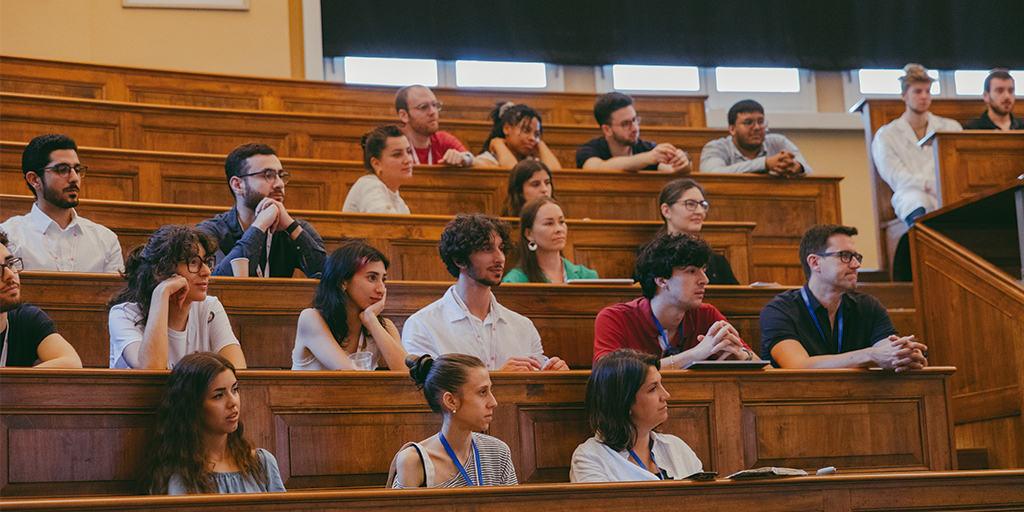
The ATTRACT Academy is revolutionising how students engage with deep-tech innovation and entrepreneurship. Born from the success of the ‘Young Innovators and Entrepreneurs’ pilot in ATTRACT phase 1, it scaled up its impact during phase 2, expanding its reach to multiple universities across Europe.
TeSI programme: connecting science and business to address societal challenges
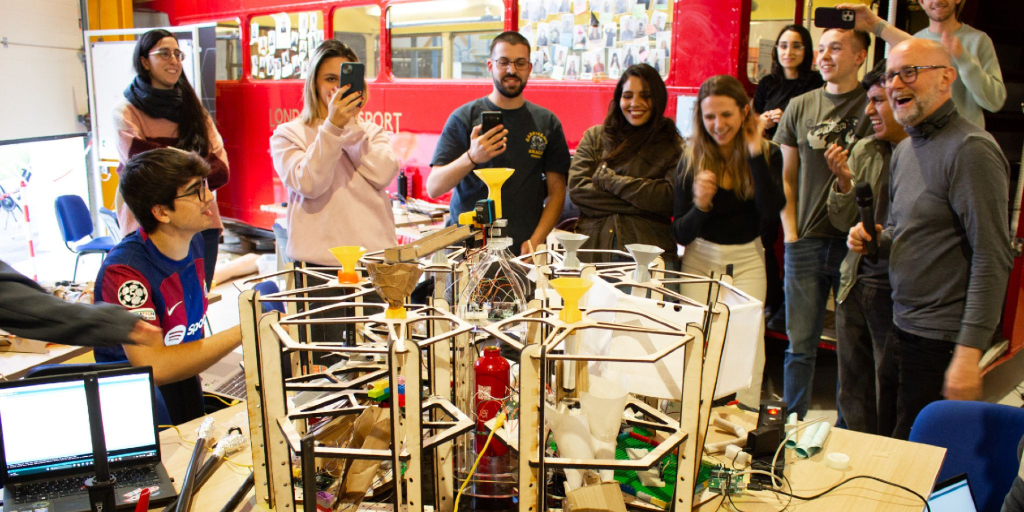
Technological advancements continue to play a significant role in addressing societal challenges. The intersection of technology, business, and design provides opportunities for developing innovative solutions that respond to critical social needs. Within this framework, different initiatives aim to bridge the gap between scientific research and real-world applications, fostering multidisciplinary collaboration.
CBI A3 programme: empowering students across continents to tackle global challenges
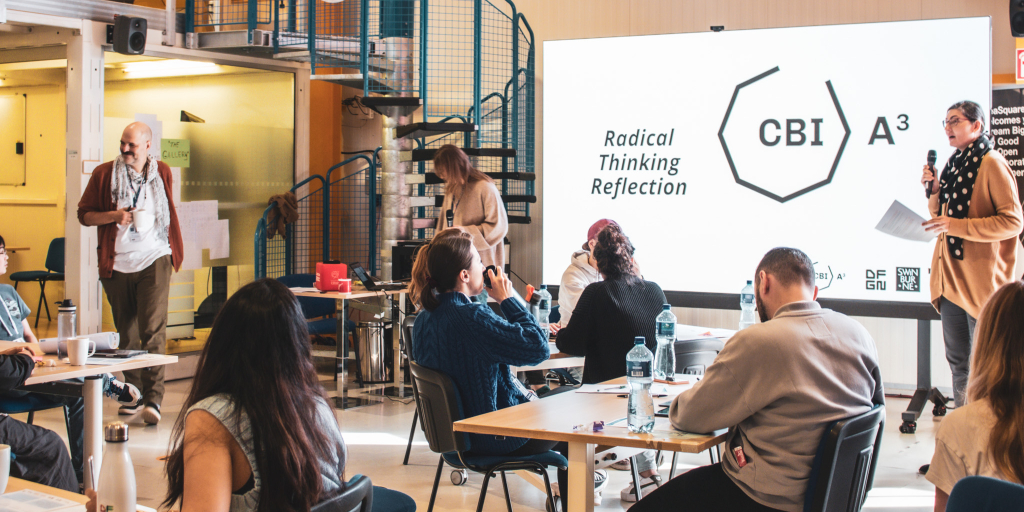
The increasing complexity of societal challenges has led to the emergence of educational programmes that aim to equip students with the necessary skills to develop innovative solutions. These programmes focus on interdisciplinary collaboration, fostering global responsibility, and leveraging emerging technologies. By integrating different domains, including deep technology, design, and engineering, among others, such programmes prepare students to address issues aligned with global sustainability goals.
FTSF programme: linking design and technology for sustainable textile solutions
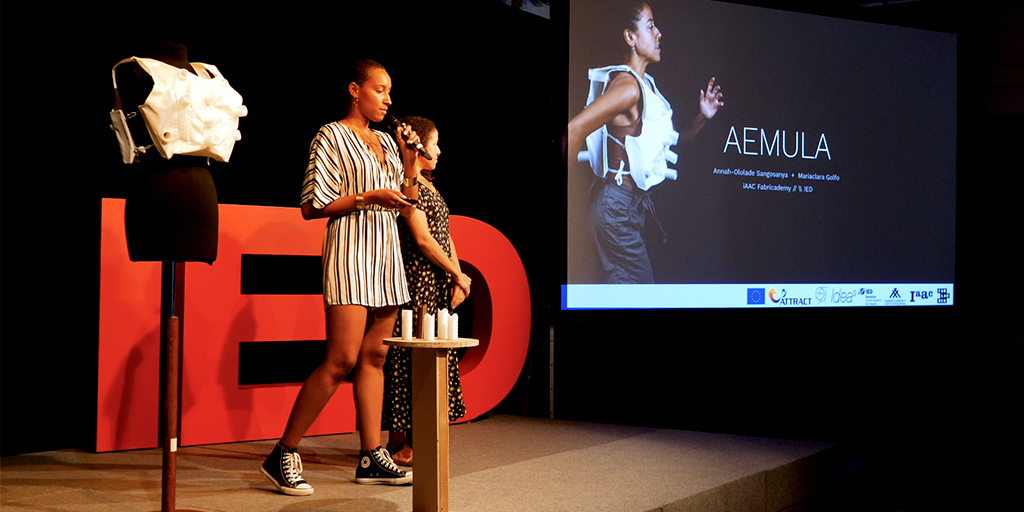
The Future Technologies for Sustainable Fashion (FTSF) programme is an initiative designed to explore the intersection of fashion and technology through a critical lens focused on sustainability, future scarcity, and space habitation.
CBI4AI programme: connecting technology with human needs
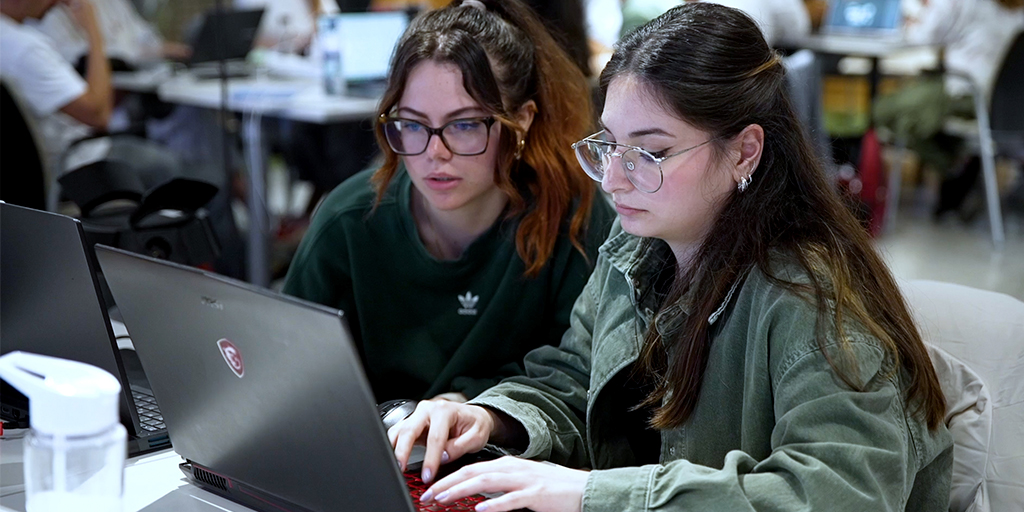
The development and application of artificial intelligence (AI) have significantly transformed different aspects of society and business, influencing industries, economies, and human interactions. Its rapid advancements have introduced new possibilities in data analysis, automation, and problem-solving, raising fundamental questions about its ethical and sustainable implementation. As AI continues to evolve, there is a growing need to bridge the gap between technological innovation and human needs, ensuring that new developments serve society effectively.
Celebrating a decade of innovation connecting science and society: the journey of IdeaSquare
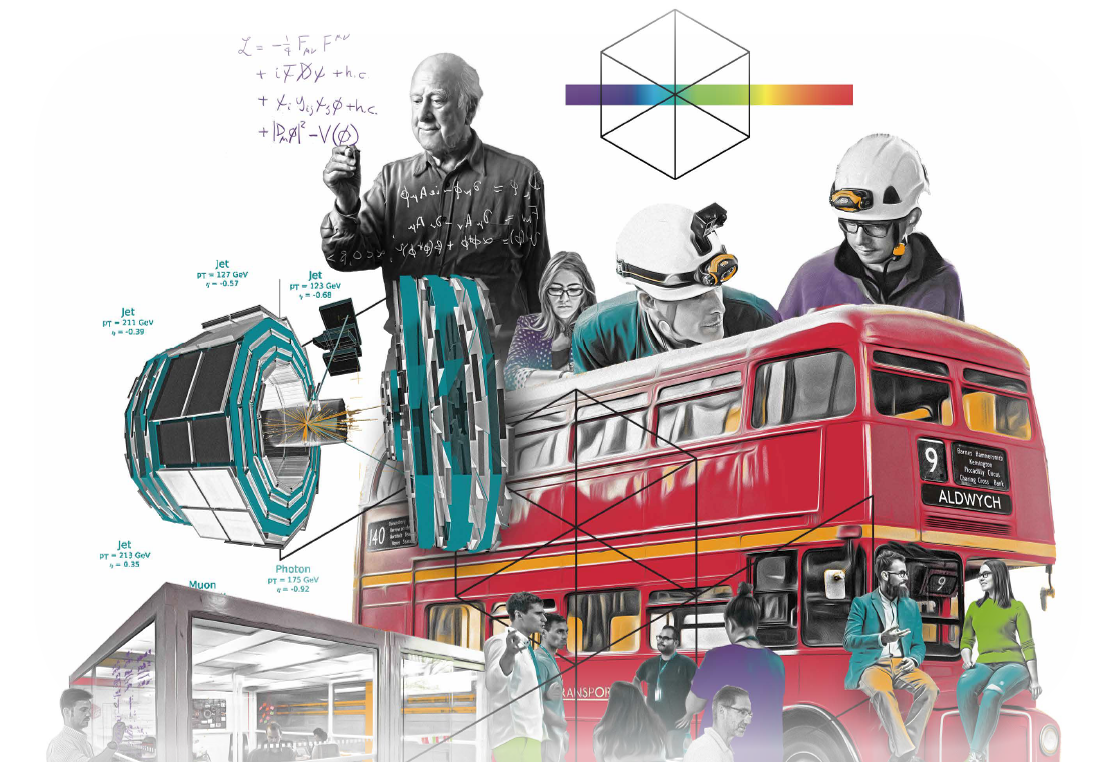
“
CBI-FP programme: bridging innovation and societal impact through multidisciplinary collaboration
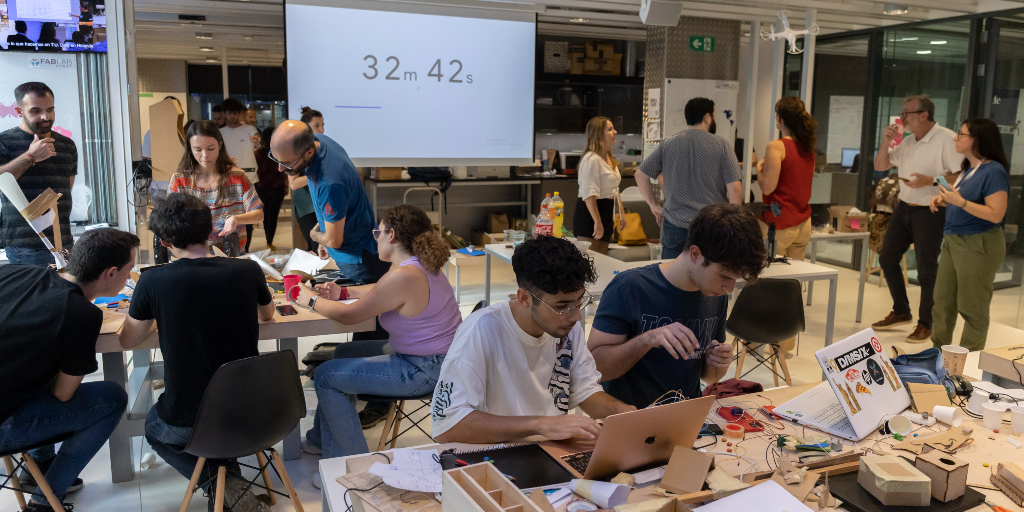
The CBI Fusion Point (CBI-FP) programme exemplifies the innovative spirit of multidisciplinary collaboration in higher education, addressing real-world challenges with a focus on societal impact. The Challenge Based Innovation course was established in 2014 and is a joint effort by Esade Business School, IED Barcelona and Universitat Politècnica de Catalunya (UPC).
Pagination
- Page 1
- Next page